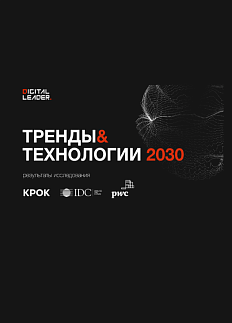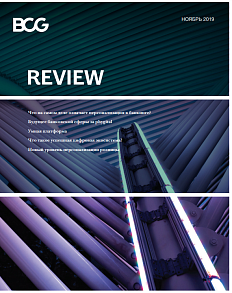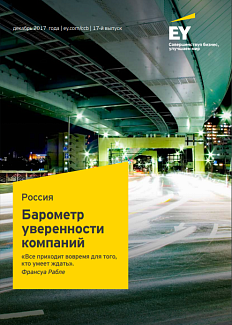In recent years, Russian universities began to use online courses more actively, but compared to 2016, the situation has not changed much. Most universities that hold courses online are located in major Russian cities. Technical universities were recognised as the most active in terms of e-learning.
Most online courses at MOOC were published by the National Research University Higher School of Economics (18%) and St. Petersburg State University (16%). Polytechnic University (14%) and TSU (12%) moved up to ranks three and four. ITMO University closed the top five (8%). Compared to 2016, the situation has not changed much: NRU HSE continues to do almost every fifth online course.
Among 19 universities, which published their online courses, only three areas were represented: technical (53%), socio-economic (21%) and transport (5%). Four universities belong to classical universities: St. Petersburg State University, Moscow State University, Ural Federal University and Tomsk State University. They account for 21% of the total number.
The National Open Education Platform (NOEP) remains the most popular platform for publishing online courses (68%). In addition, a total of 148 courses (20%) were presented on Coursera — one of the main foreign educational platforms.
In total, universities have used eleven MOOC platforms to publish their online courses. The most popular platforms for posting materials were the National Open Education Platform (NOEP) — 68% of courses, Coursera — 20% of courses, Open Online Academy — 4% of courses, Moodle — 2% of courses and edX — 1% of courses.
The most popular platform for course publication is the National Open Education Platform (NOEP), where 16 out of 19 universities have hosted their courses.
The most popular online courses were related to the humanitarian sciences (47%) and physics and mathematics sciences (33%).
When reviewing the course directions, the authors of the research revealed that despite the prevalence of technical sciences in the list, most of the courses were in the humanitarian sciences — 333 courses (47%). Physics and mathematics sciences were represented by 237 courses (33%).






